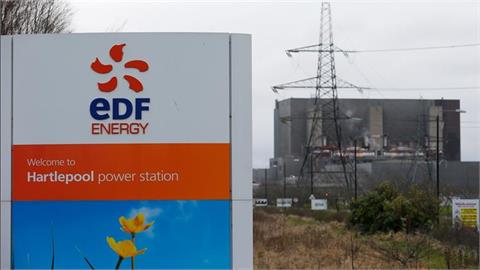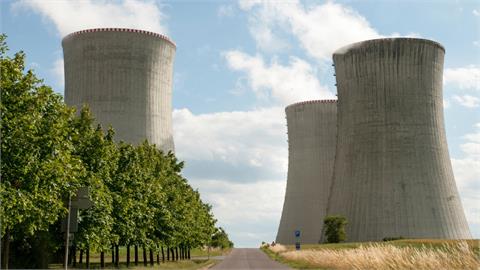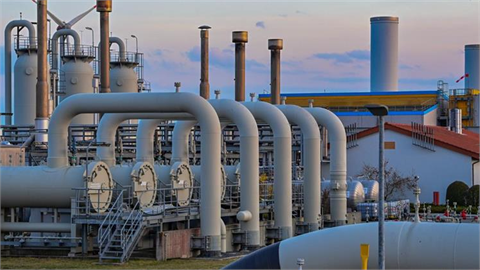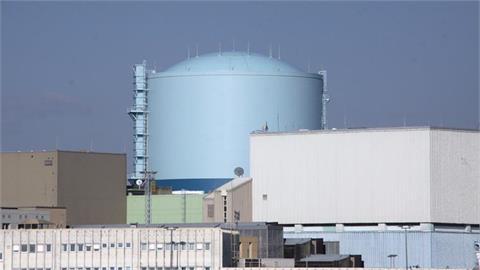by Alex Kimani* Trump's presidency could amplify support for fossil fuels and strain clean energy initiatives. Biden's second term may intensify pro-clean energy policies although his administration would likely face legislative challenges. While the election will undoubtedly influence energy markets, energy investors should continue to focus on individual stocks rather than betting on entire sectors
The U.S. is facing a highly unpredictable and potentially divisive election. Donald Trump, the presumptive Republican presidential candidate, is embroiled in a mountain of legal trouble including 91 felony counts across two state courts and two different federal districts as well as lawsuits in several states seeking to have him disqualified from the presidency.
Despite the legal baggage likely to hamper his campaign, Trump is polling favorably against President Joe Biden and even leading in seven key swing states, and only time will tell whether he will emerge as the country’s 47th president.
Energy Under Trump
As Energy Intel has noted, a Trump win is likely to upturn U.S. domestic and foreign policy. Trump and Republicans have always been pro-fossil fuels, and he would likely seek to boost the domestic oil and gas sector, expanding federal land access and lowering taxes.
In the same vein, Trump has never hidden his disdain for clean energy (especially ‘windmills’). He has lambasted Biden’s historic Inflation Reduction Act, describing it as the “biggest tax hike in history” thanks to its $369 billion in tax breaks and subsidies for clean energy. He has repeatedly railed against his successor’s climate policies, blaming them for raising fuel prices and compromising U.S. “energy independence”.
The IRA has so far survived Republican-led attempts to repeal major parts, but could be under serious threat under Trump as president, the fact that Red States have actually benefited more from the law than blue states notwithstanding. Trump may lack the power to roll back the law unilaterally but certainly could make its "implementation more difficult", as Shannon Rinehart, portfolio manager at Threadneedle, has pointed out. His administration could hobble the climate law through executive action by revising treasury department rules yet to be finalized, holding back some of its loans and grants, and/or tightening limits on tax credits.
“While the politicians of a potential Trump administration are talking about rolling back the IRA, the reality is that it would take an act of congress to do so,” Shannon Rinehart has said.
“Some parts of the IRA will receive more pushback from Republicans than others. We’re trying to steer clear of those parts,” Chris Berkouwer, portfolio manager at Robeco, has reported. According to Berkouwer, investments aimed at improving the grid infrastructure are likely to receive bipartisan support; however, whereas Democrats might want the grid strengthened to cater for the rollout of more renewables, Republicans are likely to favor the renewed infrastructure serving coal and gas power generation utilities.
Investments dedicated to the booming electric vehicle sector could also face pushback under Trump. Last year at a Detroit rally, Trump attacked the sector, claiming that EVs are “too expensive” and “don’t go far enough”. There’s a lot at stake here. The auto industry has already announced more than $100 billion in EV investments, creating more than 100,000 American jobs.
In November 2021, the Biden administration signed the Infrastructure Investment and Jobs Act (IIJA). The IIJA authorizes $1.2 trillion in spending for transportation and infrastructure; $43 billion (not including loans and tax incentives) in flexible spending could be used for battery manufacturing, retooling auto industry facilities, retraining and rehiring existing auto workers and grid updates while more than $7.5 billion will support the buildout of EV infrastructure.
On the international front, another Trump presidency is likely to lead to amplified tensions between Washington and China, Iran, Venezuela, and even the U.S.’ western allies due to his opposition to NATO and support for autocratic leaders like President Putin of Russia. With his ‘America First’ policy, the U.S. could see a fresh round of never-ending trade wars with China and Mexico. Upcoming elections in major oil and gas provinces--Mexico, the UK, Venezuela and Namibia--could also be impacted.
Energy Under Biden
The investing universe can expect a second Biden term to see him double down on his pro-clean energy policies but face even deeper legislative gridlock if Republicans retain control of at least one house of Congress. Biden could pursue climate policies more aggressively in his final term.
Back in October, President Biden announced the locations of seven regional hydrogen hubs set to receive $7 billion from the government under the bipartisan infrastructure law. The hubs will produce green hydrogen as well as hydrogen from natural gas and nuclear energy. Passed by Congress in 2021, the law allocated up to $7B to launch the Regional Clean Hydrogen Hubs program to fund 6-10 regional clean hydrogen hubs across the country. The hydrogen project is part of Biden’s ambitious climate goals wherein he has pledged to cut the country’s greenhouse gas emissions by 50%-52% below its 2005 emissions levels by 2030.
Given this backdrop, it’s quite ironic that fossil fuel investors have fared far better than their clean energy brethren under the Biden administration. The oil and gas favorite benchmark, the Energy Select Sector SPDR Fund (NYSEARCA:XLE), has doubled in the time Biden has been in office while the iShares Global Clean Energy ETF (NASDAQ:ICLN) has tanked nearly 60%. The current year is displaying a similar trend with the oil and gas sector flat while clean energy stocks are deeply in the red. It, therefore, makes more sense to make smart bets on individual stocks in either sector rather than betting the farm on an entire sector regardless of who becomes the next U.S. president.
*Alex Kimani is a veteran finance writer, investor, engineer and researcher for Safehaven.com
(Oilprice.com, January 31, 2024)




